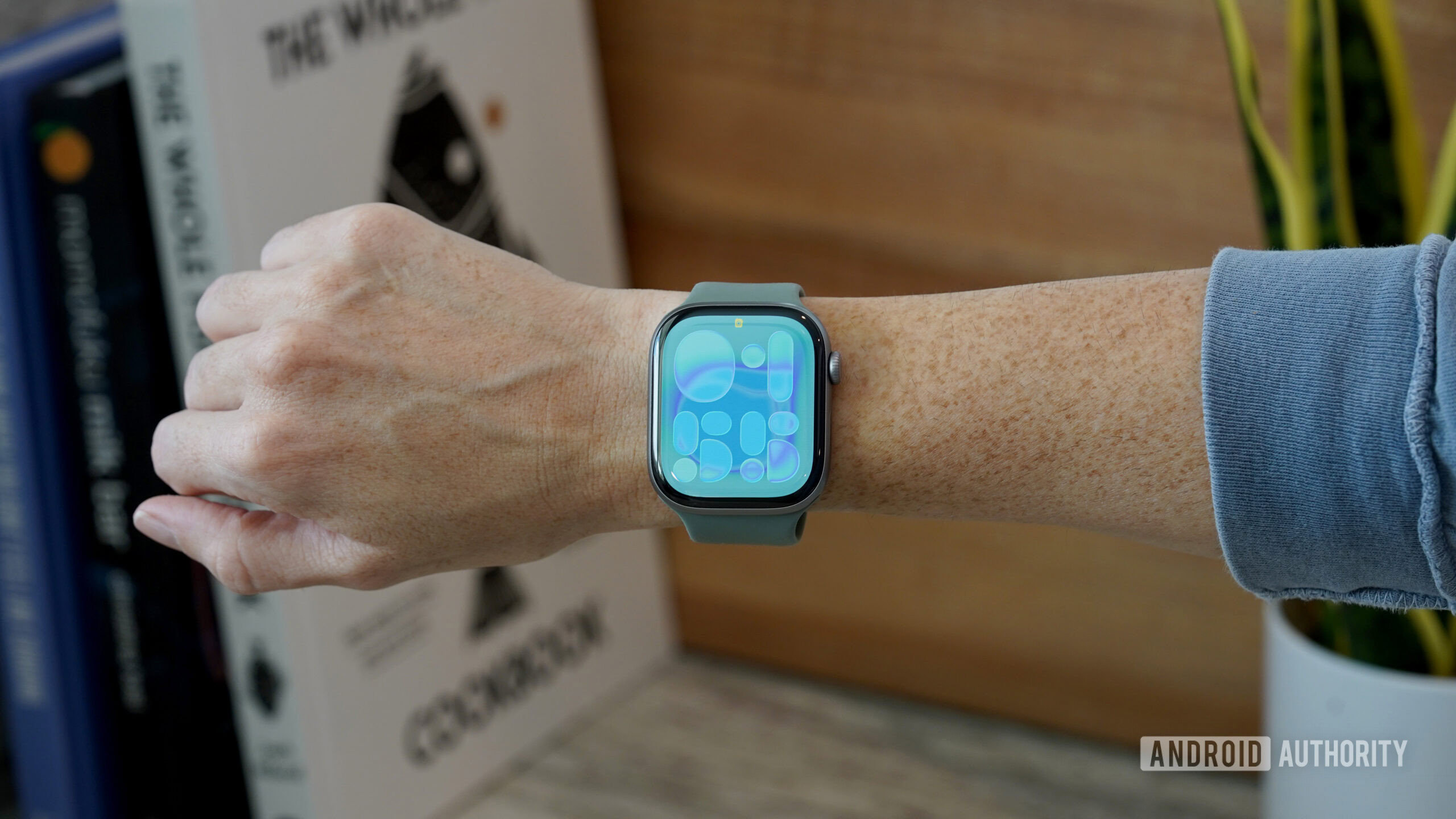The National Commission for Data Protection has just decided: cameras boosted with artificial intelligence to estimate the age of customers in tobacco offices are not legal. Since the end of 2024, the deployment of increased cameras has accelerated in French tobacco offices. Piloted by artificial intelligence algorithms, these equipment scan the faces of customers at the time of purchase in order to estimate their age, signaling by a light indicator (green or red) if the individual is potentially major or not. Objective displayed: to prevent the sale of tobacco, alcohol or gambling to minors.
Protection deemed unreliable, and disproportionate
This system promised tobacconists an automated verification, both fast and reliable. What facilitate the work of professionals, while remaining relatively little greedy in terms of personal data. Unlike facial recognition, algorithms did not seek here to identify the person, but simply to estimate his age.
The CNIL’s decision, made public on July 11, 2025, sweeps this ambition: age estimate cameras are now prohibited in tobacco offices, their use being judged “Neither necessary nor proportionate“.
Several problems raised
In the argument of the CNIL, we find the non -certified character of the system: the algorithm proceeds only to “an estimate, without certainty”, Introducing a significant risk of error, which considerably reduces its reliability, and therefore its interest.
Also, the regulations already require tobacconists of “systematically ask their customers proof of majority”, The only reliable and legally admissible method to control age. The use of the increased camera creates redundancy and does not provide any superior guarantee, making its appeal superfluous, considers the Commission.
Finally, facial analysis is a particularly intrusive personal data processing. The GDPR requires that any treatment be justified, minimal and respects the fundamental rights of people, which is no longer the case here.
There is not only a question of this device in particular: according to the CNIL, the risk of trivialization of reinforced monitoring would be increased tenfold if this type of devices became widespread in public space. Furthermore, continuous use of these cameras prevents customers from asserting their right to oppose their data, right, however guaranteed by the GDPR.
What consequences for tobacconists?
If the decision of the French regulator was welcomed by certain associations defending public health or the protection of minors, it also receives the support of defenders of digital freedoms. Unsurprisingly, a time will be granted to professionals to (re) comply. For tobacconists, this means an abandonment of age algorithmic estimation devices and a return to conventional practices.
🟣 To not miss any news on the Geek newspaper, subscribe to Google News and on our WhatsApp. And if you love us, .












